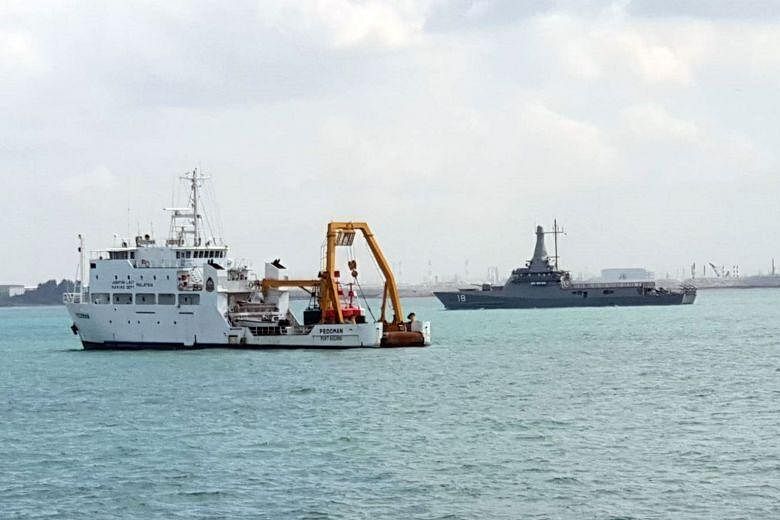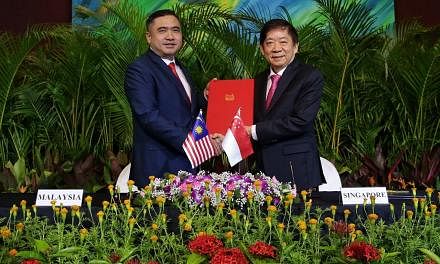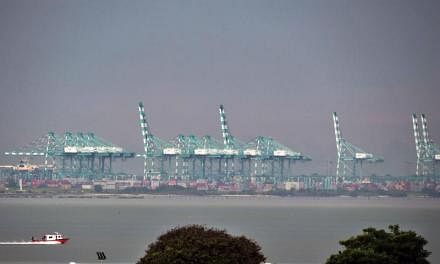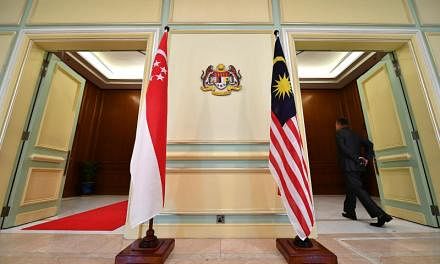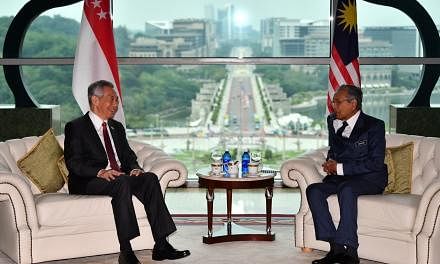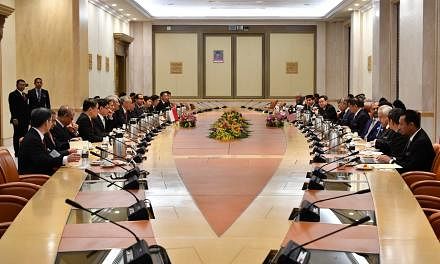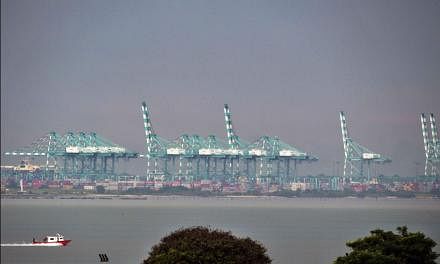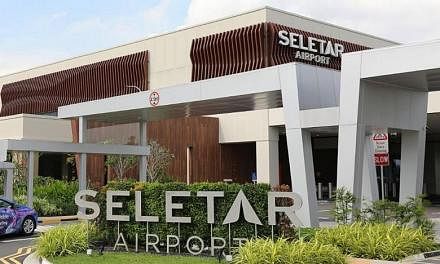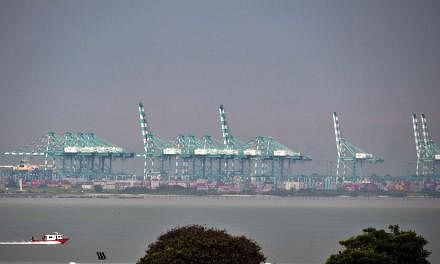SINGAPORE - When the dispute with Malaysia over maritime and airspace issues late last year was top news, there was a "curious" spike in online comments critical of Singapore on social media, said Senior Minister of State for Law Edwin Tong.
These posts were made using what are "essentially" anonymous accounts, Mr Tong disclosed in Parliament on Tuesday (Feb 12).
He also said that on the issue of traffic jams at land checkpoints, these "avatar accounts" with profile photos that do not show the user's face account for about 40 per cent of comments on alternative media's social media pages.
In citing the jams, he said it shows how foreign actors can interfere in Singapore's politics through online campaigns and false information.
But steps are being taken to update the laws later this year to counter such threats.
As for the case of the Singapore-KL dispute, he said: "We do not know who these suspicious accounts belong to. Nor do we know if they are being coordinated by foreign actors.
"But it is clear that these accounts have sought to give and create an artificial impression to netizens of the opposition to Singapore's position, at a time of heightened bilateral difficulties."
Mr Tong was replying to Ms Cheng Li Hui (Tampines GRC), who had asked if there had been instances of foreign interference in Singapore.
On last year's SingHealth hacking incident, Mr Tong said the cyber attackers - who are advanced and typically state-linked - wanted to extract the heath information of Singaporeans, particularly that of Prime Minister Lee Hsien Loong.
"Cyber hackings are often deployed in concert with hostile information campaigns to search for information that can be weaponised," he added.
Earlier, Mr Tong described to the House how foreign actors had interfered in the politics and elections in such countries as the United States, United Kingdom, France and the Ukraine.
"No country is immune. This is asymmetric information warfare, fought in a theatre and an era with no distinction between war and peace," he said.
Mr Tong added: "In this battlefield, Singapore, an open, democratic, digitally-connected and diverse country, is especially vulnerable.
"We are a young country with sensitive fault-lines that foreign actors can exploit to foment distrust and ill-will among our various communities."
Mr Tong said many countries he mentioned had learnt "hard lessons" and are taking actions to expose and counter foreign interference.
To ward off foreign interference in local politics and elections, Singapore is developing a strategy on two fronts.
The first is to sensitise Singaporeans to the threat and nurture a discerning public, he said. "We are our own first line of defence. We must learn to be sceptical of and be able to discern falsehoods or half-truths, and detect foreign actors and their attempts to interfere in our politics."
Second, the legal framework - which is "outmoded against modern and technologically-sophisticated tactics" - has to be updated and enhanced to counter hostile information campaigns.
Mr Tong said the new laws have two broad objectives.
One, to let the Government "act swiftly and effectively to disrupt and counter false, misleading and inauthentic information and narratives spread by foreign actors".
"We must also be able to preemptively expose clandestine foreign interference campaigns," he added.
Two, to prevent foreign actors from manipulating politically-involved individuals and organisations through the use of proxies, funding and donations, he said.
Mr Tong cited the case of Dr Huang Jing, a former professor at the Lee Kuan Yew School of Public Policy, who was identified by the Government as an agent of influence acting on behalf of a foreign country. Dr Huang, who was stripped of his permanent residency status in 2017, sought to influence Singapore's foreign policy and public opinion here.
"We must not allow foreign actors to undermine our political sovereignty, nor our ability to make our own choices on how we want to govern our country, and live our lives," he said.

